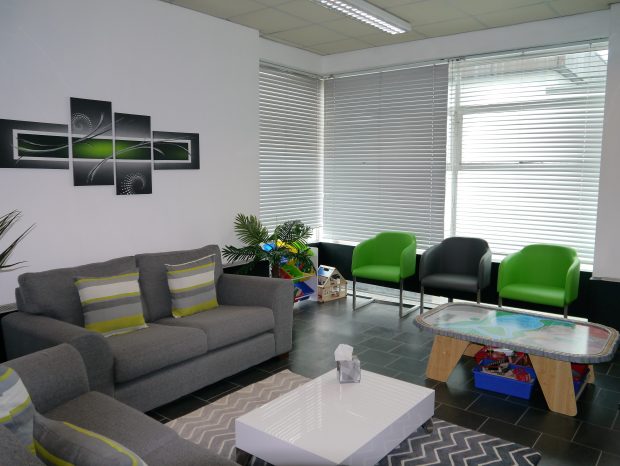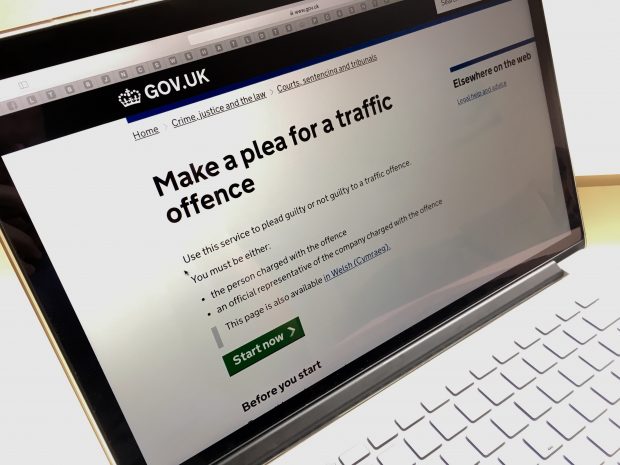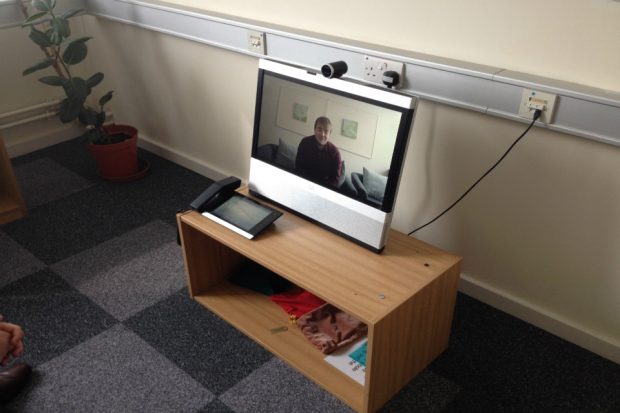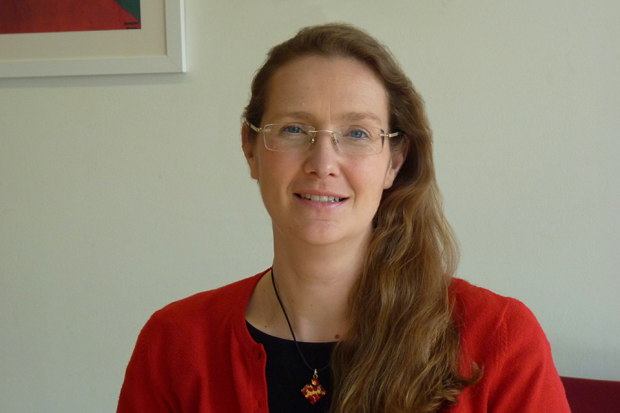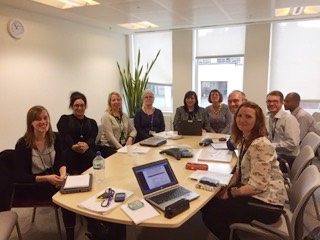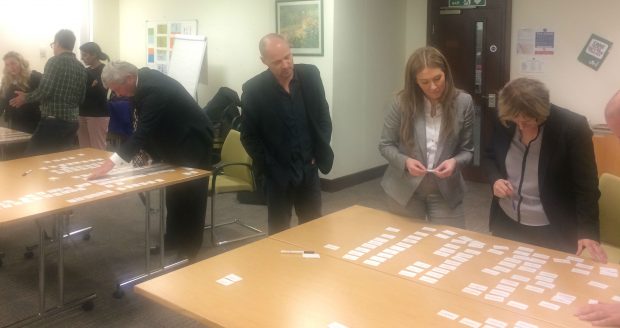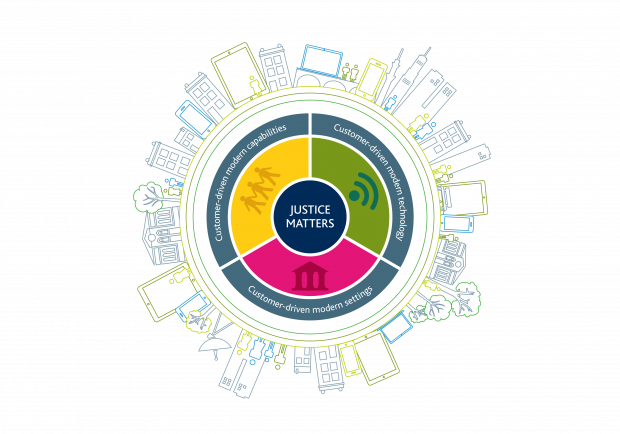Crime
A blog post from Liz Olney, Deputy Director for Customer Change and Innovation at HMCTS. Liz shares our recent work to transform our victim and witness rooms. We see over 156,000 individuals coming to court to give evidence each year and rely on evidence provided by victims and witnesses to support the carriage of justice. …
A blog post from Katie Dean, HMCTS Service Manager for the Make a Plea service for traffic offences, which completed national roll out earlier this year. In this blog post Katie talks about how all members of the public charged with summary-only non-imprisonable motoring offences are given the opportunity to submit their plea online, instead …
A blog post from Fiona Rutherford, which discusses the implementation of remote working, specifically virtual hearings. Fiona talks about the opportunities (and responsibility) presented by the ‘once in a generation’ £1 billion investment in our courts and tribunals. This work will re-shape how we enable access to the justice system and how we deliver our …
A blog from Susan Acland-Hood, the Chief Executive of HM Courts and Tribunals Service about looking at options to use court and tribunal buildings in a more flexible way, letting people have their cases heard outside the current traditional 10am to 4:30pm court day.
A blog post from Mike Logan who works in the HM Courts and Tribunals’ Development Directorate. Mike shares an update on the implementation of the Single Justice Procedure, which is the means by which work is processed within the Single Justice Service.
A blog post from Leanne Galbraith detailing results from Criminal Justice System Common Platform Programme research sessions for defence practitioners held at Liverpool QEII Law Courts on 25 January 2017. The sessions tested the designs of the hearing result screens and hearing events.
A blog post from Fiona Rutherford that explains the role of her HMCTS Business Strategy and Design Team and how they are responsible for helping to shape how our justice system will look and operate in the future.
A post from Leanne Galbraith from when she chaired the National Digital Practitioners’ Working Group on 24 November 2016. Leanne explains that at the meeting Rhiannon Evans from Supporting Justice was a guest speaker on behalf of Citizen’s Advice. Rhiannon kindly volunteered to attend to support their campaign to improve the experience of defence and …
A blog post from Jon Lock, Digital Communications Manager for the CJS Common Platform Programme (CJS CPP). Jon talks about how the CJS CPP is incorporating short videos to improve our communication messages to staff and stakeholders across the Criminal Justice System. The videos also aim to keep people updated with the progress we are …
Leanne Galbraith explains when she was recently invited by the Law Society attendee of the National Digital Practitioners’ Working Group to present at their Criminal Law Society Committee meeting on the 7th November in relation to the Common Platform and the Modernisation of the Criminal Justice System.
